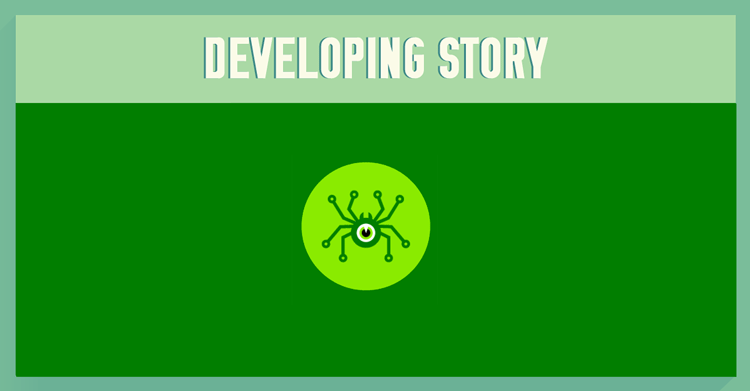The U.S. Turns Into a Surveillance State With Rule 41
On December 1st, new government rules were passed that are known as “mass hacking law.” Formally known as amendments to Rule 41 of the Federal Rules of Criminal Procedure, the new rules allow the FBI to secretly use malware to hack into thousands of computers with one warrant.

According to the new rules – that are the product of Justice Department, without the consent of Congress – there is no need to identify specific computers to be searched. That means FBI can hack into as many computers as they wish, whether their owners are suspected of some criminal activity or not.
What concerns NordVPN and other tech firms are the unintended consequences of such practices:
- The new technology can land in the wrong hands. An equally serious danger is for the new hacking technology to land in the wrong hands. Once this FBI malware is put into practice, there are no guarantees that it won’t be used by criminal organizations that will want to access the data of thousands of computers to steal people’s identities or access their bank accounts.
- The human factor. There are no guarantees where and how the new rules will be used, as their implementation criteria is kept under covers. However, the statement of the new president elect is troubling enough. He has openly said that he wants “the power to hack his political opponents the way Russia does.” NordVPN believes that no objectives can justify launching dangerous mass hacking operations of private citizens, let alone efforts to attack political opponents.
- Whistleblowers, freedom fighters and journalists can be affected and endangered. It’s no secret that there are many journalists, bloggers and whistleblowers that are working in countries with authoritarian regimes, where freedom of speech can be punishable, even by death. They must use anonymizing software, such as VPNs, in order to stay safe and private online. The new rules will make it easier to expose their IP addresses – whether on purpose or by mistake.
- Technology can crash, endangering private information or even lives. As with all technology, it can never be hundred percent reliable – therefore, it can crash. If malfunctioning technology is used on someone’s private computer or phone, it can affect or delete important data, emails or photos. The situation gets more dangerous if such malware is installed in life-saving computer systems, such as in hospitals.
- The FBI technology can be attacked by a computer’s anti-virus program, causing system freeze-ups. The anti-virus programs installed on these users’ computers can also cause damage once they sense an installed FBI’s malware – as it happened with anti-virus program, which shut down a medical device during heart surgery.
- Online security tools become more important than ever. Dangerously, Rule 41 intends to undermine security software, such as VPNs and proxies, on hacked computers. It also threatens the anonymity of Tor network that provides an uncensored Internet experience. Besides being used by whistleblowers and journalists, VPNs are used by millions of people around the world to stay private from government surveillance and protect their private information from intrusive data harvesters. However, NordVPN remains convinced that the tightening surveillance will encourage people to use VPNs more, not less. VPNs encrypt user Internet data into a secure tunnel, and hide a person’s IP address. When choosing a VPN, it’s important to choose one that doesn’t keep user logs – such as NordVPN. But because of tightening surveillance and spying techniques, people need to start being extra vigilant and protect their online privacy by all possible means – and VPN is only one of them. It’s important to use anti-spyware software, to make sure to use a Firewall, not to install unapproved programs on the computer that might contain bugs, and to be generally vigilant about the kind of information one shares online.
Rule 41 brings America into surveillance state mode. In the meantime, UK has recently passed the Investigatory Powers Bill – also called Snoopers’ Charter – that also allows remote hacking into people’s devices. Citizen control and surveillance, whether physical or digital, has never proved to be an effective way to control criminal activity – history tells us it has always turned out to be counter-productive, endangering lives and causing fear and insecurity.
NordVPN invites all Internet users in the U.S. and abroad to be vocal about the dangers of mass hacking and jurisdictional breach of privacy around the world.